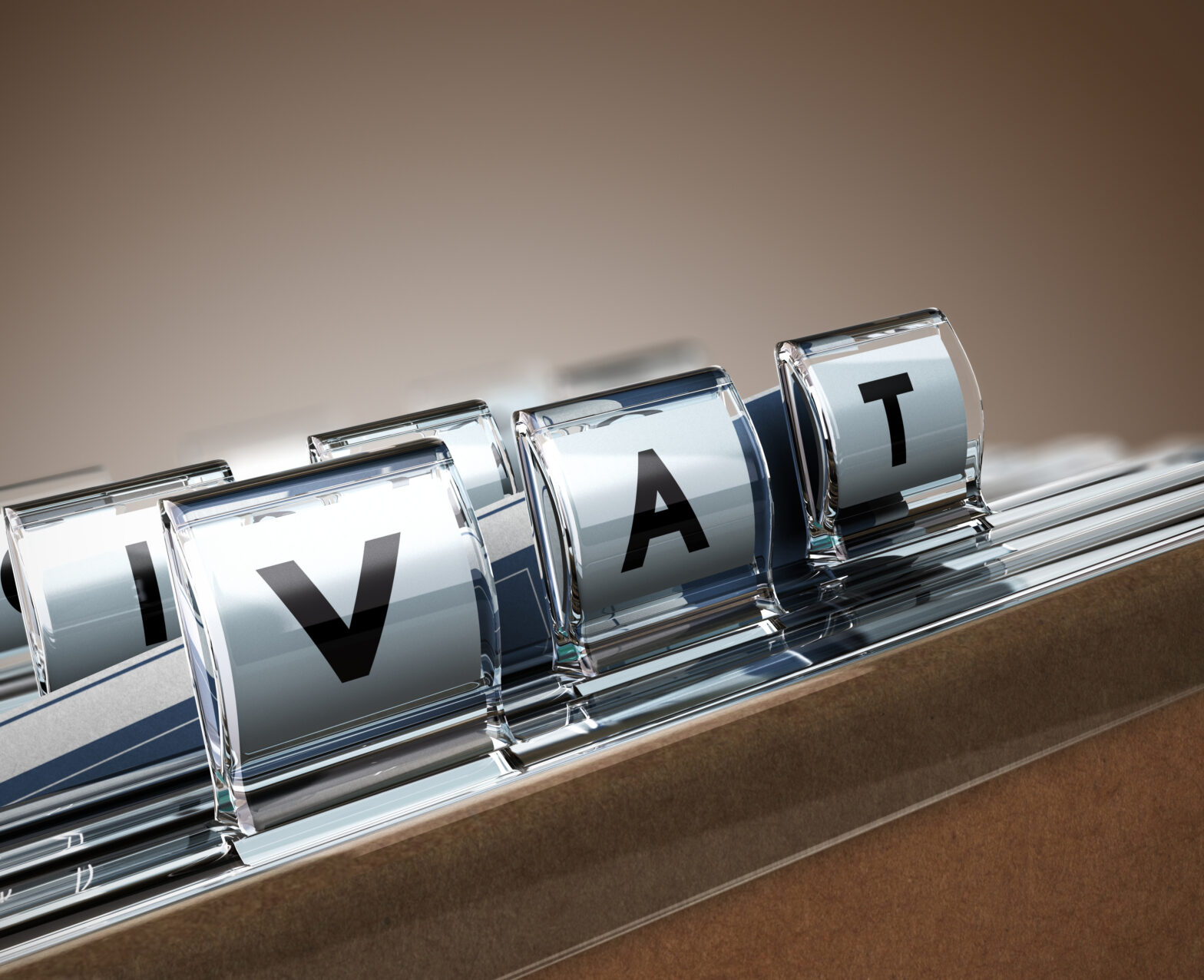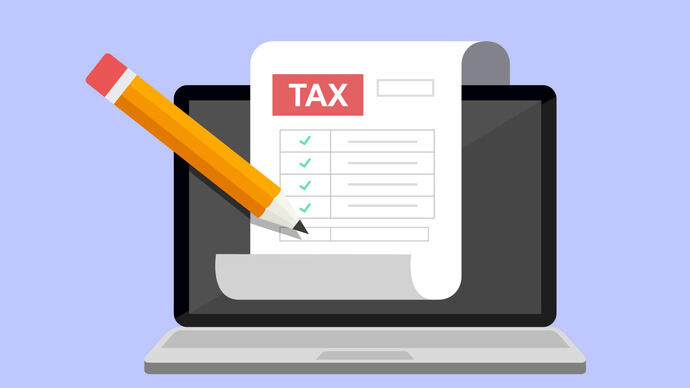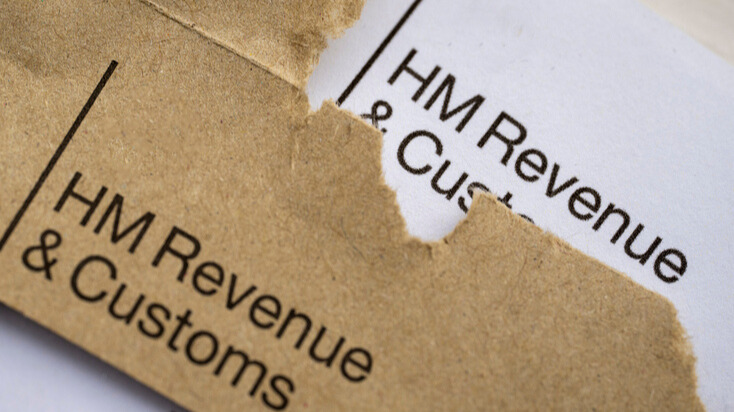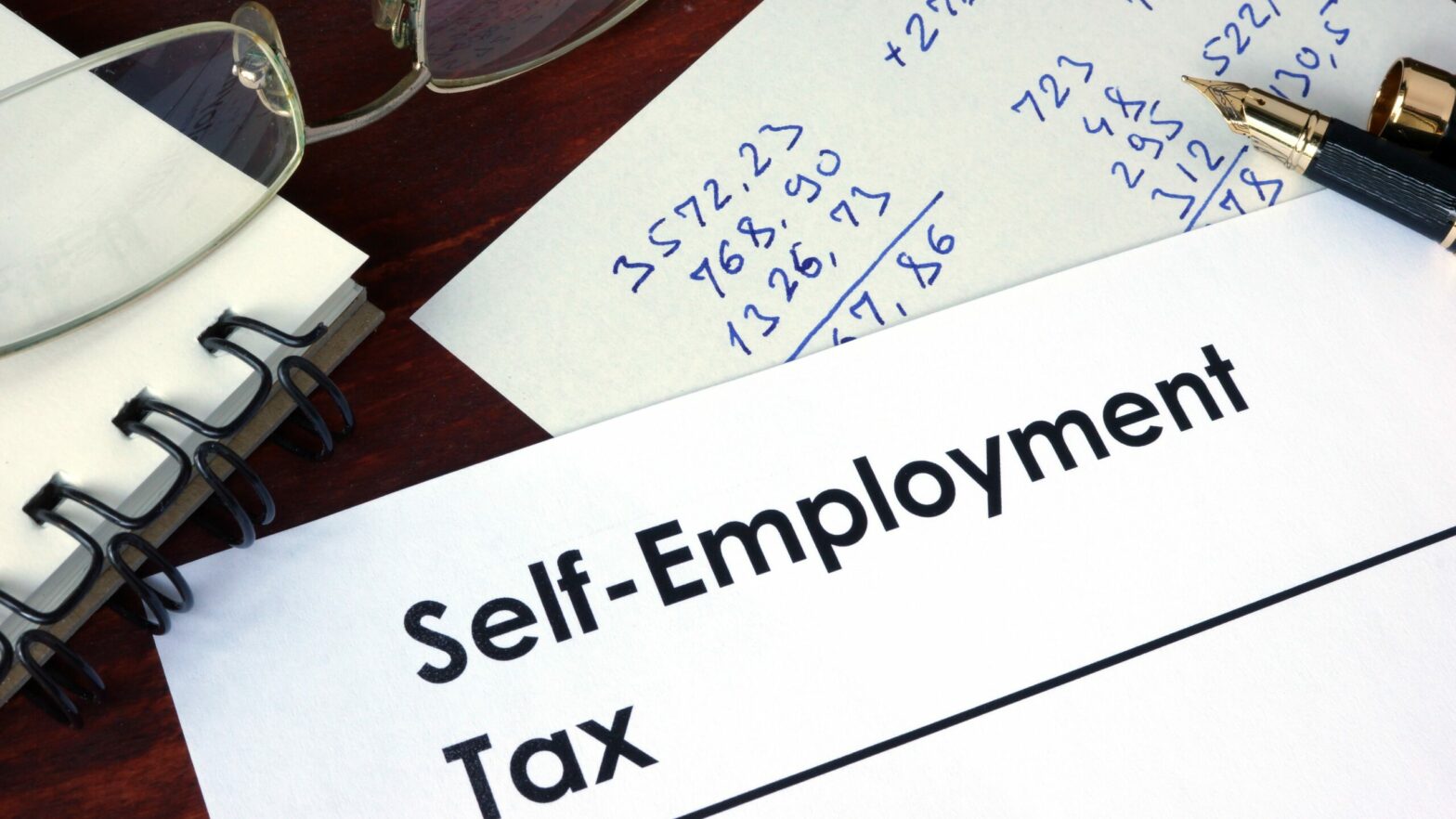From a direct tax perspective a partnership is transparent and the tax analysis is the same whether a partnership is seen to be in existence or not.
The same is not true for VAT and there has been much litigation – usually in situations where Customs consider a partnership exists and VAT registration is required, but the participants do not.
As Stephen James, associate director at tax adviser and specialist WJB Chiltern outlines, The Partnership Act of 1890 defines a partnership as ‘the relation which subsists between persons carrying on business in common with a view to profit’.
There is no requirement for a formal partnership agreement, but neither can the absence of one be used as evidence that a partnership does not exist.
“Where, for example we have a band or group who play together on a number of occasions as a unit and receive payment, it is very difficult to avoid the conclusion that they are carrying on a business together with a view to profit. Where musicians or other similar performers usually play on their own or occasionally join with other performers they will probably be regarded as only self-employed and no partnership issue will arise,” explains James.
However, he adds, where they form a band or a group, which has its own identity and operates as a unit, for example has a name and is booked as a ‘band’, it is probable that a partnership has been created.
“In which case VAT registration is required once the income to the band has reached the VAT registration threshold. The status of the band as a VAT registered entity will not mean that the individual members become VAT registered in their own right. As a profit share from a partnership is not seen as a supply for the purposes of VAT, the individual members will actually be able to earn more money, before becoming registered for VAT,” he asserts.
In other words the partnership income is ignored for determining whether the individuals exceed the VAT registration limit.
There is no limit on the number of partnerships that one partner can belong to and it is quite possible for some band members to also belong to other band partnerships. It would also be possible for casual members of the band to be treated as outside the partnership and paid a fee by the partnership, calculated on exactly the same basis as the partners’ profit share if required.
“The core members of the band will almost certainly constitute a partnership and VAT registration will be required once the band has exceeded the VAT registration limit. This may not be bad news as, if the band is performing for VAT registered venues the organizer will almost certainly be able to recover the VAT charged and by becoming VAT registered, the band will be able to recover any VAT incurred on its own costs,” concludes James.





